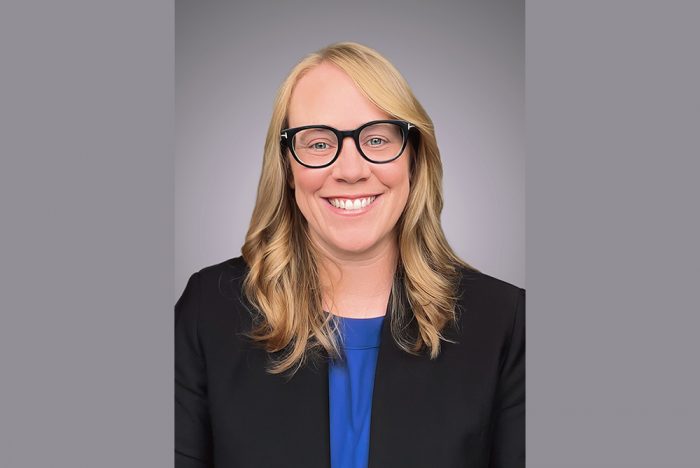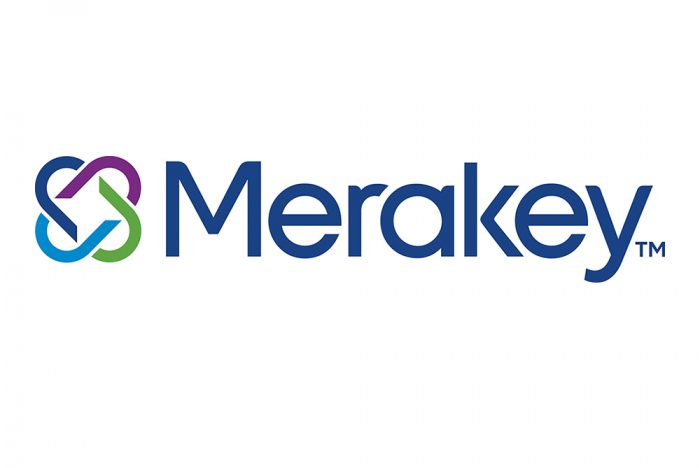PA ABLE Webinar to Be Held July 23
The Pennsylvania Department of Human Services’ Office of Long-Term Living (OLTL) is offering a webinar on the PA Achieving a Better Life Experience (ABLE) Savings Program. A PA ABLE savings account gives individuals with qualified disabilities (Eligible Individuals) and their families and friends a tax-free way to save for a wide range of disability-related expenses while maintaining important benefits. The state and federal tax-free investment options are offered to encourage Eligible Individuals and their families to save private funds to support health, independence, and quality of life.
Some of the topics OLTL will discuss include eligibility requirements for opening a PA ABLE account; federal and state tax benefits of PA ABLE; and how a PA ABLE account interacts with current benefits.
OLTL Service Coordinators, Direct Service Providers, Community HealthChoices Managed Care Organization staff, and any individuals who work in employment supports are strongly encouraged to participate in this webinar, as it will help them understand the PA ABLE Program and how it can benefit the OLTL participants they serve.
Please register for the PA ABLE Savings Program webinar scheduled for July 23, 2025, from 12:00 pm – 1:00 pm using this registration link. After registering, you will receive a confirmation email containing information about joining the webinar.
If you require accommodations to participate in this webinar, please send them electronically.
If you have questions regarding this email, please contact Randy Loss at OLTL.
Update on ODP Pay-for-Performance Payment Delays
ODP Reissues PBC AE Notice to Individuals

The Office of Developmental Programs (ODP) has reissued ODPANN 25-062 and its accompanying attachment. This announcement is to:
- Provide details about information that will be sent to individuals and their families regarding the assignment of Performance-Based Contracting (PBC) tiers for residential service providers; and
- To equip Supports Coordinators (SC) and Supports Coordination Organizations (SCO) with the necessary information and resources to respond to questions from individuals and families about the PBC tier assignment.
This announcement is being reissued with updates to the following links: “What is Performance-Based Contracting?” and “Performance-Based Contracting Frequently Asked Questions (FAQ) for Individuals and Families.”
Please view the announcement for additional information and details.
Colleen Katzenmoyer, EdD, Named VP of Education Services at RCPA Member Devereux
Inside Aging July 2025 Newsletter Now Available

Editorial: Bipartisan Push to Strengthen PA’s Disability Care System Must Succeed
RCPA Member Merakey Named Largest Nonprofit Behavioral Health Provider in the Nation
July 2 LTSS Subcommittee Meeting Materials, August Meeting Registration Now Available
The Long-Term Services and Supports (LTSS) Subcommittee meeting was recently held on July 2, 2025. During the meeting, a number of presentations were given. In addition to the presentations, the agenda and a document that provided follow-up information from the June 4, 2025, LTSS Subcommittee meeting were provided.
Members should take time to review the PowerPoint presentations from the meeting below:
- Office of Long-Term Living (OLTL) Updates
- Community HealthChoices (CHC) Managed Care Organizations (MCOs) Support Strategies for Behavioral Health
- Meeting Transcript
The next LTSS Subcommittee meeting is scheduled for August 6, 2025. The meeting will be held from 10:00 am – 1:00 pm in the Forest Room at the Commonwealth Keystone Building, which is located at 400 North Street in Harrisburg, PA.
The option to participate virtually is also available. If attending virtually, please register here. After registering, you will receive a confirmation email containing information about joining the webinar. The option to call in is also available by dialing: (631) 992-3221; Access code: 625-783-611#.
Remote captioning and streaming services will be provided. If you require these services, please visit this remote captioning and streaming link.















